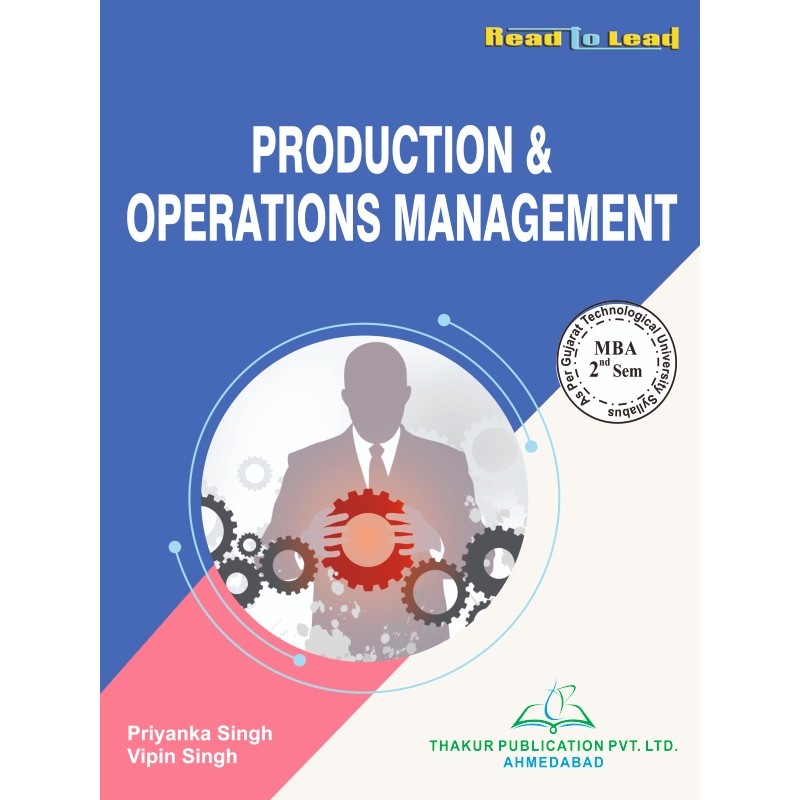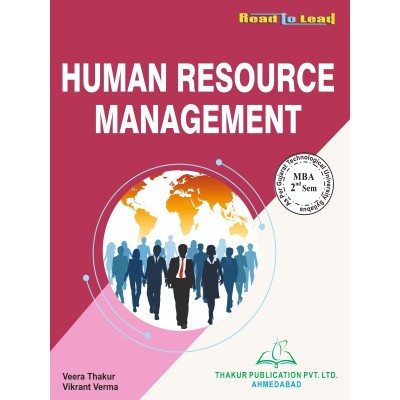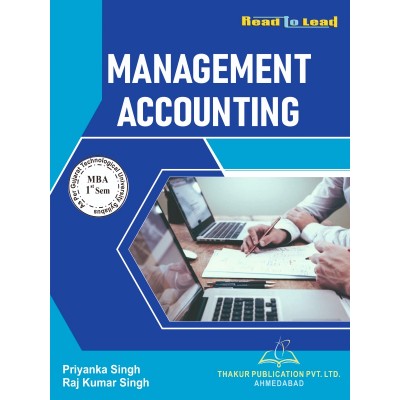Categories
- Pharmacy
-
Nursing
-
MBA
-
BBA
- U.P. State University
- Veer Bahadur Singh Purvanchal University, Jaunpur
- Chaudhary Charan Singh University, Meerut
- Dr. Bhimrao Ambedkar University, Agra
- Chhatrapati Shahu Ji Maharaj University, Kanpur
- Mahatma Jyotiba Phule Rohilkhand University, Bareilly
- Mahatma Gandhi Kashi Vidyapith, Varanasi
- Dr. Ram Manohar Lohia Avadh University, Ayodhya
- Deen Dayal Upadhyaya Gorakhpur University
- Prof. Rajendra Singh (Rajju Bhaiya) University, Prayagraj
-
BCA
- UP State Universities
- University of Pune
- I.K.Gujral Punjab Technical University (PTU)
- University of Rajasthan
- Rashtrasant Tukadoji Maharaj Nagpur University
- Uttar Pradesh NEP2020
- University of Rajasthan ,Jaipur (According to NEP-2020)
- BCCA (B. Com - Computer Science)
- Haryana
- West Bengal
- BBA (CA)
- PUNE BCA (Sci,Commerce)/B.Com (CA)
- Dr. A. P. J. Abdul Kalam Technical University, Lucknow ( AKTU )
- MCA
-
B Ed
- Lucknow University B.Ed Books
- Chaudhary Charan Singh University/Maa Shakambhari University, Saharanpur
- Dr Bhim Rao Ambedkar University, Agra
- Mahatma Gandhi Kashi Vidyapeeth, Varanasi
- Chhatrapati Shahu Ji Maharaj University
- Prof. Rajendra Singh (Rajju Bhaiya) University, Prayagraj (PRSU)
- Mahatma Jyotiba Phule Rohilkhand University(Mjpru), Bareilly
- Dr. Ram Manohar Lohia Avadh University, Ayodhya
- Bundelkhand University, Jhansi
- B.A,B.ed
- B.Sc, B.ed
- Deen Dayal Upadhyaya Gorakhpur University
- Veer Bahadur Purvanchal University (VBPU)
- Maharaja Suhel Dev State University ,Azamgarh (MSDSU)
- Raja Mahendra Pratap Singh State University, Aligarh (RMPSSU)
- Barkatullah Vishwavidyalaya (Bhopal)
- Jiwaji University (Gwalior)
- Vikram University (Ujjain)
- Dr. Harisingh Gour University (Sagar)
- Devi Ahilya Vishwavidyalaya (Indore)
- Rani Durgavati Vishwavidyalaya (Jabalpur)
- Awadhesh Pratap Singh University (Rewa)
- Maharaja Chhatrasal Bundelkhand University (Chhatarpur)
- D. EL. ED
- TET
-
B Com
-
B Sc
- B.Sc. U.P. State Universities Common Syllabus NEP
- Veer Bahadur Singh Purvanchal University, Jaunpur
- University of Lucknow
- Chaudhary Charan Singh University, Meerut
- Madhya Pradesh
- Chhatrapati Shahu Ji Maharaj University, Kanpur
- Dr. Bhimrao Ambedkar University, Agra
- Mahatma Gandhi Kashi Vidyapith, Varanasi
- DEEN DAYAL UPADHYAYA GORAKHPUR UNIVERSITY
- Prof. Rajendra Singh (Rajju Bhaiya) University, Prayagraj
- Dr. Ram Manohar Lohia Avadh University, Ayodhya
- Mahatma Jyotiba Phule Rohilkhand University, Bareilly
- Uttarakhand State Universities
- B.Sc. Bihar Universities Common Syllabus NEP
- University of Rajasthan (Jaipur)
- Haryana
-
Bachelor of Arts [B.A.]
- B.A. Of U.P. State Universities Common Syllabus NEP
- Veer Bahadur Singh Purvanchal University, Jaunpur
- University of Lucknow
- Chaudhary Charan Singh University, Meerut
- Chhatrapati Shahu Ji Maharaj University, Kanpur
- Dr. Bhimrao Ambedkar University, Agra
- Mahatma Gandhi Kashi Vidyapith, Varanasi
- Deen Dayal Upadhyaya Gorakhpur University
- Prof. Rajendra Singh (Rajju Bhaiya) University, Prayagraj
- Dr. Ram Manohar Lohia Avadh University, Ayodhya
- Mahatma Jyotiba Phule Rohilkhand University, Bareilly
- Madhya Pradesh
- Uttarakhand
- Bihar
- University of Rajasthan (Jaipur Syllabus as Per NEP2020)
- Haryana NEP-2020
- B Tech
- LLB
- SWA Education
Production And Operations Management

AUTHORS :Mrs.Priyanka Singh , Mr. Vipin Singh
ISBN : 978-93-6180-772-5
₹260.00
Tax excluded
AUTHORS :Mrs.Priyanka Singh , Mr. Vipin Singh
ISBN : 978-93-6180-772-5
Syllabus
Course Code: MB02092051
Production & Operations Management
|
Module
|
Module Content
|
Sessions
|
Marks
|
|
I
|
Introduction of Production & Operation Management: · System and Function View of Organizations, Scope, Evolution and Future of Production and Operation Management. · Process Design-Different Types of Process with Its. Merits and Demerits, Process Classification Based on Order, Process Selection, Different Type of Manufacturing Process, Process Performance and Evaluation etc. · Product Design; Types of Products and Designing, Evaluation of Design · Product Design Process, Product Strategy – Make to Stock, Make to Order and Assemble to Order Products and Services, Evaluation of Design, Intermittent Vs Continuous Manufacturing, Mass Production Vs Batch Production |
10
|
20
|
|
II
|
Facility Location; (Theoretical Concept Only) Plant Layout: · Different Types of Layout.
Aggregate Production Planning(APP): · Objective, Strategies and Cost of APP, Master Production Schedule, Rough Cut Capacity Planning etc. (Theoretical Production Planning & Control – Concept, Objectives, Elements Concept Only) · Material Requirement Planning (MRP) (Theoretical Concept Only), Basics of Supply Chain Management (Evolution, Key Concepts and Importance), · Inventory Management (Theory and Numerical) |
12
|
30
|
|
III
|
Operations Scheduling: · Definition, Objectives, Types · Sequencing (n-Jobs on m Machine) (Theory and Numerical) · Queuing Systems (Waiting Line Analysis) (Theory and Numerical) · Line Balancing (Theoretical Concept Only)
Project Management; Project Scheduling by Using Network PERT/CPM, (Theory and Numerical) |
13
|
30
|
|
IV
|
Quality Management: · Definition, Experts’ Views on Quality. · Dimensions of Quality. · Cost of Quality and Quality Cost Audit. · Statistical Process Control, Control Charts (Theory and Numerical), Total Quality Management (TQM), Six Sigma, ISO 9000 and Other ISO Series. · Lean and Just in Time Production System (Theoretical Concept Only) · Industrial Safety |
10
|
20
|
|
V
|
Practical · Students Should Visit Manufacturing/ Service Organizations and · Identify the Production Planning and Control Systems, Procedures and Techniques. For Service Organizations, They Can Learn About How Services are Produced and How Existing Capacity is Matched with Demand. · Identify Operations Scheduling in Any System and Suggest More Efficient Ways of Doing Work. · Understand the Significance of Existing Plant or Service Layouts. · Identifymaterialsandinventorymanagementpracticesinorganizedandunorganizedsectors. · Simulate a Production Capability /Facility with the Optimum Use and Application of Concepts. |
15
|
NIL
|
|
(30 marks) |
GTU/2020/MBA/02/05
91 Items
New
6 other products in the same category:
Comments (0)
No customer reviews for the moment.
Your review appreciation cannot be sent
Report comment
Are you sure that you want to report this comment?
Report sent
Your report has been submitted and will be considered by a moderator.
Your report cannot be sent
Write your review
Review sent
Your comment has been submitted and will be available once approved by a moderator.
Your review cannot be sent
Customers who bought this product also bought:
Human Resource Management
Price
₹270.00
AUTHORS : Veera Thakur, MR. Vikrant Verma
ISBN : 978-93-6180-902-6
Corporate Finance
Price
₹230.00
Authors : Dr. Shital Shastri , Dr. Jaimini Vyas Rami
ISBN : 978-93-6180-708-4
FUNDAMENTALS OF ESG FOR...
Price
₹130.00
AUTHORS : Dr. Saroj Kumar , Ms. Namrata Dubey
ISBN : 978-93-6180-579-0
Marketing Management
Price
₹260.00
AUTHPORS : Mrs. Veera Thakur , Mrs Namrata Dubey
ISBN : 978-93-6180-392-5
Research Methodology
Price
₹190.00
AUTHORS : Dr. Saroj Kumar , MS Namrata Dubey
ISBN : 978-93-6180-042-9
















